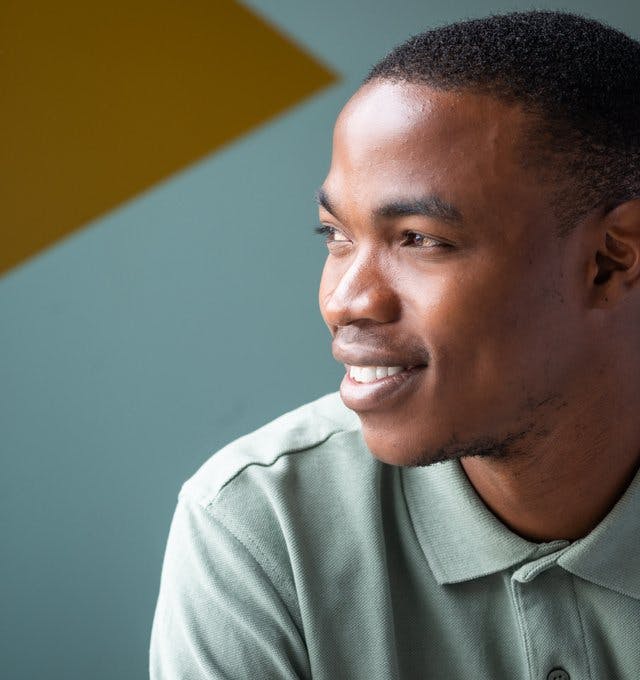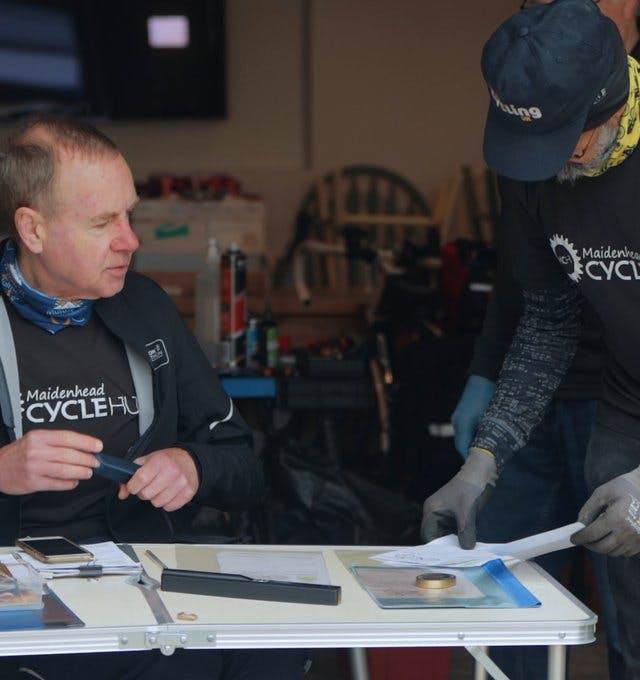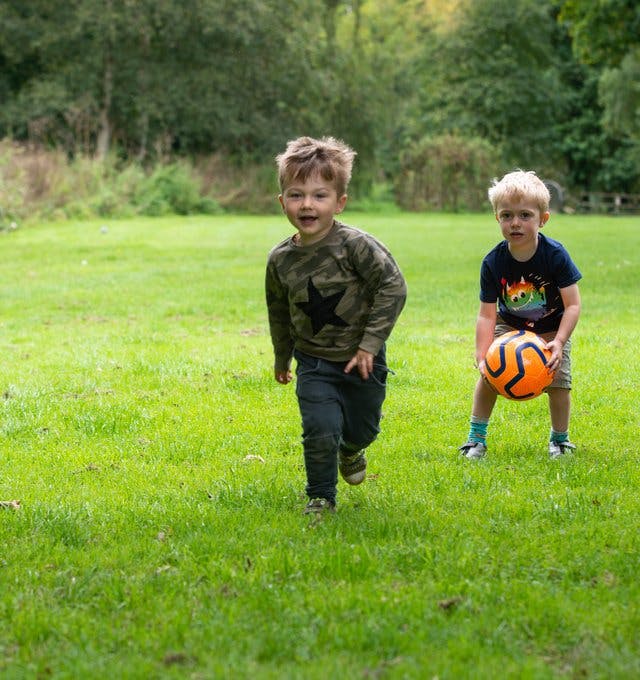It's not just us saying this
Our core mission is to create thriving communities and empower lives. To achieve this, we need to work in partnership at a hyper-local, regional and national level with community groups, customers, organisations, statutory bodies, and the government. This will enable us to support sustainable change, community resilience and improve people’s lives chances.
Andrew van Doorn, Chief Executive of HACT, shares how the work we’ve done in the community has had a big impact in terms of social value. HACT partners with organisations across the housing sector to drive value for residents and communities. We use HACT’s Housing Data Standards to work out our social value.
Bill Maton-Howarth, Executive Director at Bayswater Institute, provided independent advice and support to develop our strategic approach for our Community Investment Plans. He shares how he believes the work we’re doing can not only make a difference to people in some of the most deprived areas of the country, but can also lead and inform thinking around national policy.
Lynsey Sweeny, Managing Director of Communities that Work (CtW), shares how we’ve helped with their work over the last year. CtW are the leading national body of social housing landlords, aiming to transform lives for good by enabling housing providers to support people into rewarding, sustainable employment.
Forging partnerships
In the financial year 2020/21, we have made significant progress, with partnership consortiums set up in seven (out of eight) Community Investment Zones. The partnerships reflect our ‘hyper-local’ approach to carrying out our work.
We’ve also made great progress at a national level by sharing our customers’ and communities' experiences to help influence positive change. We carried out research into violence towards women and girls to support an education programme that will make a difference in the communities we work. And our response to the Domestic Abuse Commissioner’s Office’s Violence Against Women and Girls strategy resulted in a meeting to find out more about our work.
We’ve also been provided evidence to All Parliamentary Party Groups (APPGs), which are groups with cross-party membership of MPs and Peers. They meet to discuss, campaign on and promote a certain issue. This year, we’ve submitted evidence to two APPGs on:
- Left Behind Neighbourhoods session on Neighbourhood Health Services - understanding local initiatives and neighbourhood-based preventative healthcare measures that have helped those ‘left behind’ at the start of the pandemic.
- Housing and Social Mobility Inquiry into Employment and Social Housing – how our hyper-local approach to empower communities and improve lives allows us to support communities where many of our customers face some of today’s most challenging societal issues. Read our submission here.
Tackling homelessness
In December 2020 we hosted a roundtable with the Local Government Chronicle to discuss lessons learned during the pandemic and what we can take forward for homelessness prevention strategies for the future. We were joined by eight brilliant guest panelists from various organisations, including the Chair of Shelter, Helen Baker, and CEO of Society of St James, Trevor Pickup.
The roundtable was a great success and a really important opportunity for us to share some of our own insights, as well as explore different ways to tackle homelessness across the sector. These insights will really help us in shaping our Homelessness Prevention Strategy.
Increasing employment opportunities
We were also the main sponsor for the Housing, Learning and Work Conference 2021. It had three times as many attendees than previous years – around 350 delegates. This year, the focus was very much on how housing associations can help build back better and the need do to it collaboratively. It was about looking at how we move forward, leaving behind what hasn’t worked. There was a lot of optimism for finding new ways of increasing employment and opportunities for communities. Read more about it here.
But, we can always do more. And, over the next year we’ll be looking at how we can support our partners to develop sustainable, positive changes for our communities.



